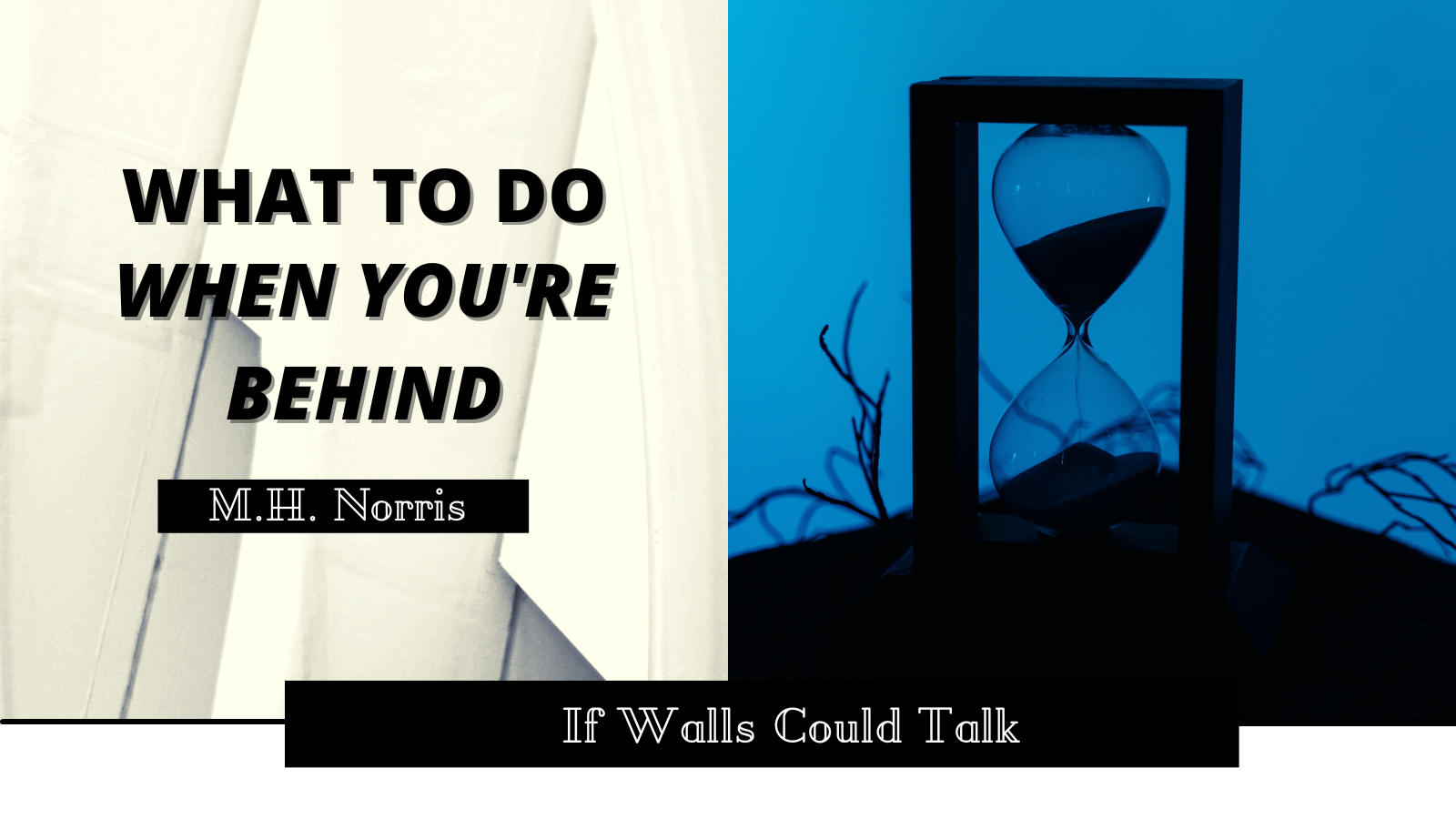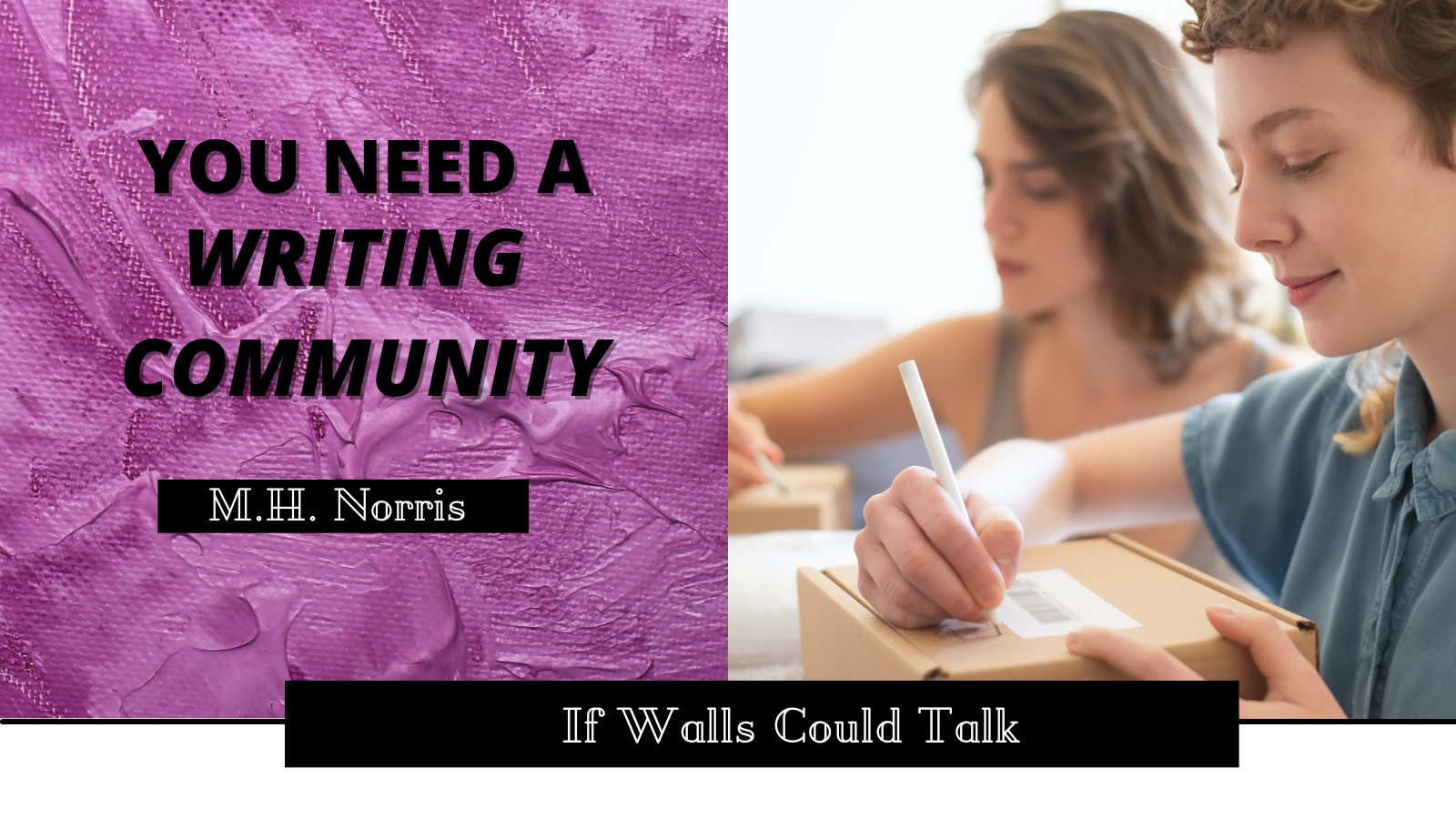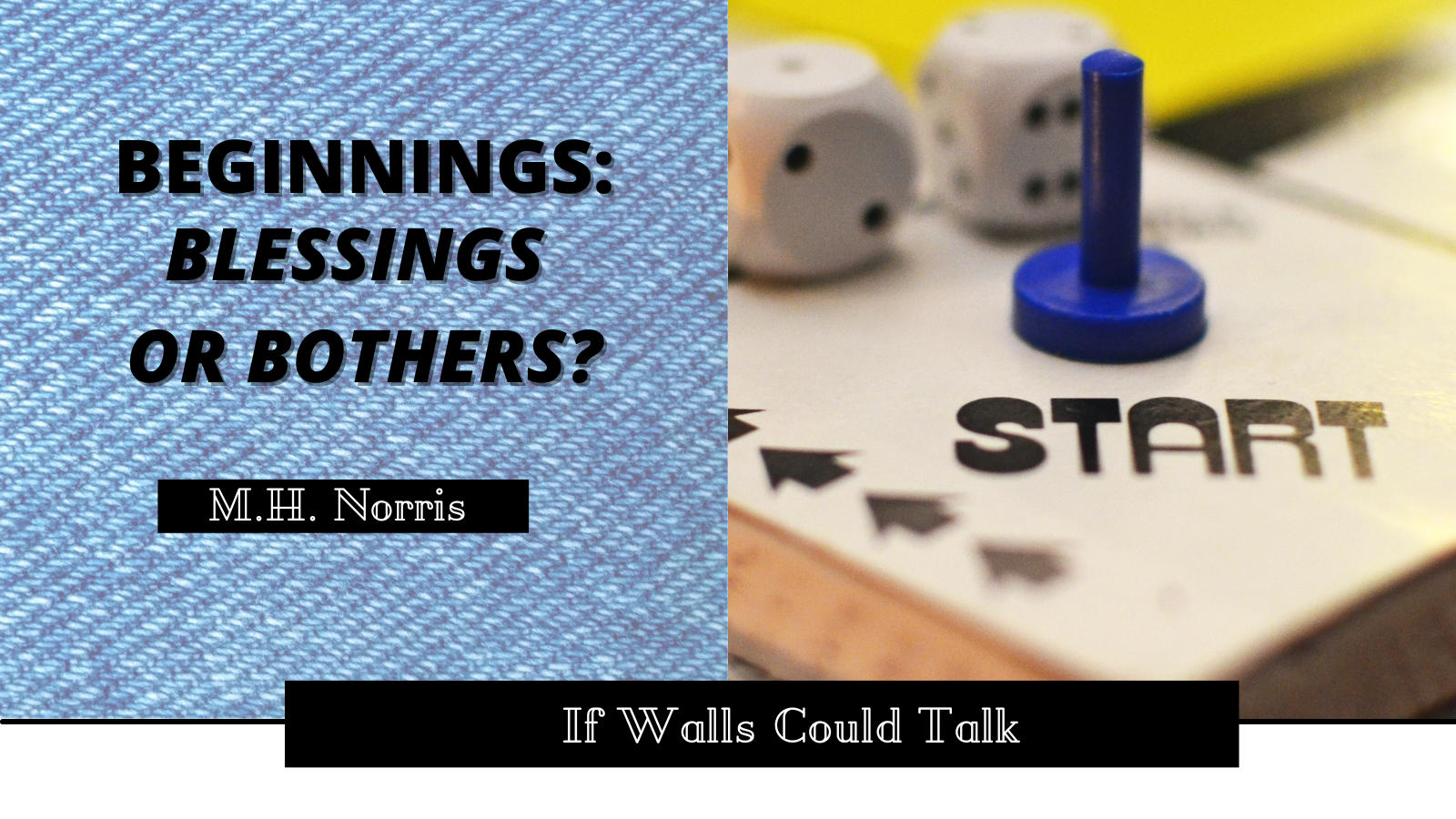
There is a part of every project that I dread.
I love beginnings. A blank slate, endless possibilities and unlimited potential. It’s so fun to start exploring a story. This is the stage where I’m indulging my inner nerd and am elbow deep in research. It’s fun.
Endings are also enjoyable. Bringing closure and tying everything into a neat bow, bringing resolution – and hopefully sticking in the reader’s mind.
It’s the middle that I hate. I want to race towards the big finish and I’m long past the point where things are shiny and new. But, there’s a good half of the novel of that rests in this middle ground. Sometimes, it drives me completely nuts.
And that’s where I’m stuck on a book right now. Last week, I returned to my outline. When I stopped working a few hours later, I realized that I was at the halfway point. On one hand, I felt a sense of accomplishment. While it’s not all written out, I’m officially at the halfway point in the outline.
On the other hand…
THERE IS STILL SO MUCH TO GO!
At the beginning, there’s the satisfaction that you’ve started. This idea is becoming something more and something greater.
On the other side, there’s the sense of accomplishment that you’ve finally finished this project.
The middle…it’s just blah. It’s, to me, the most disheartening stage in the entire process. It’s also the place where I get the most overwhelmed. I’m too far in to stop but I feel like I’m too far from the end to ever finish.
What can you do when you start to feel melancholy in the middle of a project?
1) Set Daily Goals
One of the ways that NaNoWriMo combats this problem is by establishing a daily word count. Every day, a writer needs to write 1667 words in order to make it to the end successfully.
From personal experience, I can attest to the fact that it’s very hard to get stuck when you’re trying to crank out words rapid-fire.
Outside of NaNoWriMo, one way I try to implement this is by setting a daily word count. Ideally, I shoot for at least 1,000 words a day when I have a solid writing session. I’ve gotten a lot higher, while other times I’ve gotten stuck at a far lower amount.
By having a goal, I can push to it, push beyond it, and find myself just that much closer to the other side of this project.
2) Writing Sprints
Let me tell you, I’ve gotten hooked on Writing Sprints. Especially in the last couple of years. At first, I wasn’t sure how I felt about them. The first time I encountered these, it seemed odd. And I felt like I didn’t get a lot done, because writing isn’t something that can be rushed.
Present me agrees with that last statement to a certain extent. But I’ve come to see that writing can be rushed, as long as your personal editing isn’t. It’s easier to fix something iffy that’s actually on the page, than in getting it right the first time.
I’m super competitive. Even if I’m only competing against myself. I want to crank out as many words in the time as possible. And then on the next one I want to top it.
This has helped me power through words in a way few things have. I even wrote a whole article about it. It helps show you how I sprint and what tools I use.
3) Outline
Someday, I’ll get used to the fact that I love outlines now. Today is not that day.
They are something that’s massively helped me when I’m stuck in the middle. I have a picture of where I’ve been, where I’m going, and where I’m at now. By knowing what’s ahead, I can ask, “How can I best set up that scene I’m itching to write?”
And then, suddenly, I have words.
By doing the hard work of painting a broad picture before I sit down to write, I find myself able to fill in those details a lot faster without wasting as much of my time as I did previously. Honestly, I wonder how past me functioned without outlines. Your guess is as good as mine.
4) Support
This is yet another time where I sit here and type out this column and point out that writing is not as solitary an activity as people make it out to be. It truly takes a village to write a book. And I mean it beyond the publisher, editor, cover artists, jacket designer, and more.
Without a solid support system, you may never leave the middle. Without people around you to encourage you when you’re feeling discouraged, that project may sit unfinished never to see the light of day.
Sometimes, that support comes in the form of other writers. Sometimes, it’s friends and family. Whoever it is, hold on to them.
I’ve been blessed with a solid support system, which has become so vital in the last couple of years as I’ve struggled to balance my writing with my physical and mental health.
Wrapping Up
I think it’s rare to find a writer who actually likes writing the middle part of the book. It’s hard, it’s a slog, and we often find ourselves exhausted by it. Adding in my shortened attention span, it’s a nightmare that I’ve struggled with.
This is where discipline and determination come in. I wish I had a magical answer to make this easier for all of us. Unfortunately, I’ve yet to find it.
Do you have tips for the middle of your projects?




